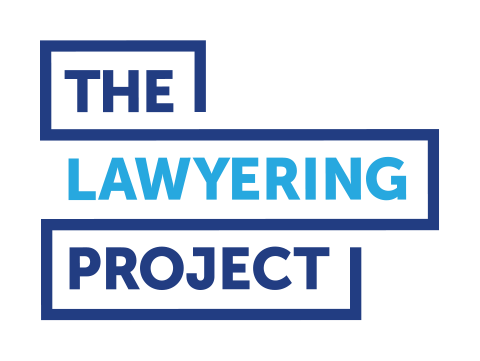Abortion Patients and their Health Care Providers ask U.S. Supreme Court to Block Indiana Laws Requiring Burial or Cremation of Tissue from Abortion Procedures
U.S. Constitution continues to prohibit states from coercing religious exercise or speech concerning abortion after Dobbs
03.30.23 – (PRESS RELEASE) Earlier today, two abortion patients and their health care providers asked the U.S. Supreme Court to intervene in their challenge to Indiana laws that coerce patients to consent to the burial or cremation of tissue from their abortion procedures. The patients challenging the laws believe as a matter of religious and moral conviction that an embryo is not a person and should not be treated like one.
“When I needed an abortion and encountered Indiana’s laws requiring burial or cremation of tissue, I felt angry, disturbed, and uncomfortable,” said Jane Doe No. 3, a plaintiff in the case. “My religious identity is very important to me and the Indiana requirements violate my deeply held religious beliefs about when life begins. No one should have to violate their religious convictions to get health care.”
“For over forty years, Women’s Med has provided high-quality care that respects our patients’ deeply held religious and moral beliefs,” said Women’s Med, a plaintiff in the case. “We will continue to show up for our patients to ensure they receive abortion care that honors their conscience, their values, and their beliefs.”
The filing comes after the Seventh Circuit reversed a permanent injunction against the laws without applying the Supreme Court’s First Amendment standards to the case. In September 2022, a district court held that the laws violate the religious liberty and freedom of expression protected by the First Amendment. Not only do they burden the religious practice of patients who believe that their tissue should be disposed of according to standard medical protocols, but they also compel such patients and providers to affirm Indiana’s views about personhood through rituals associated with deceased persons.
“People hold profoundly different religious and moral beliefs about when life begins. Indiana’s decision to enlist abortion patients and providers to affirm its views—even when those views are contrary to their own—remains blatantly unconstitutional after Dobbs. The Constitution continues to protect everyone’s ability to think and speak freely on matters of conscience,” said Rupali Sharma, Senior Counsel and Director at the Lawyering Project. “We are proud to stand with the brave abortion patients and providers fighting to honor their convictions.”
Abortion care remains legal in Indiana due to an October 2022 ruling from the Indiana Supreme Court which blocked an abortion ban the state legislature passed in August 2022 from going back into effect while litigation challenging the ban continues. Oral arguments were heard in that case in January 2023; a ruling is pending.
Plaintiffs in today’s challenge – which was filed in 2020 – include two patients; Women’s Med Group Professional Corporation, an Indianapolis abortion clinic; its owner and Medical Director; and a nurse practitioner who provides care there. They are represented by the Lawyering Project.
###

